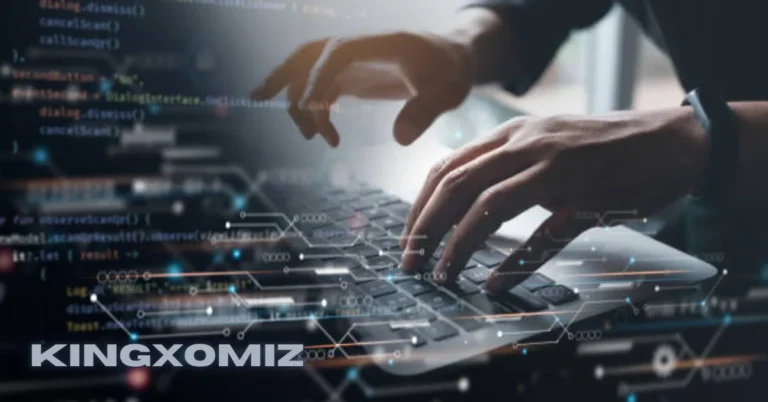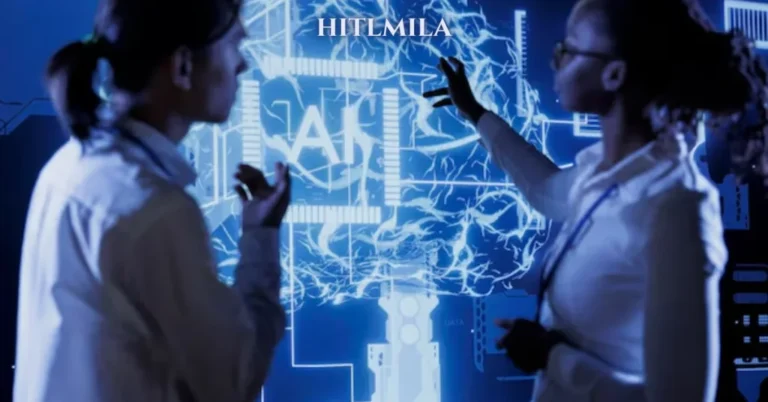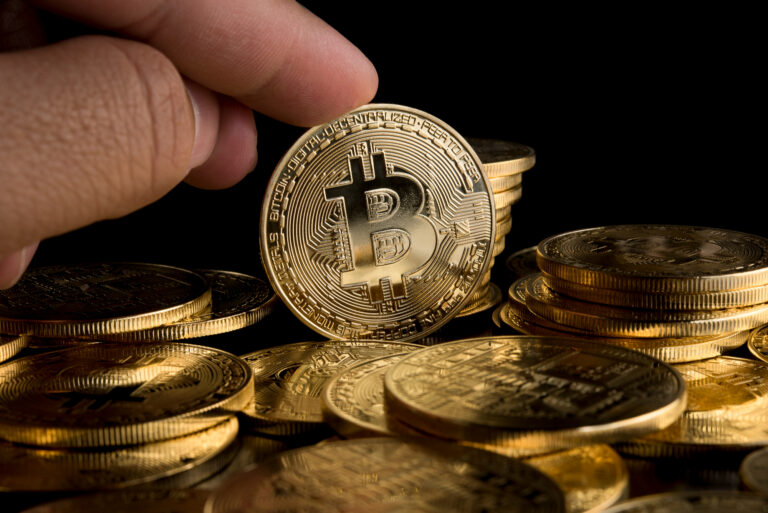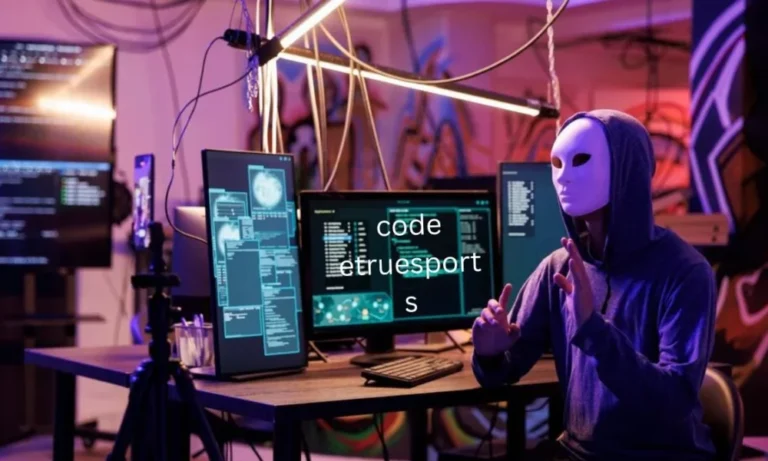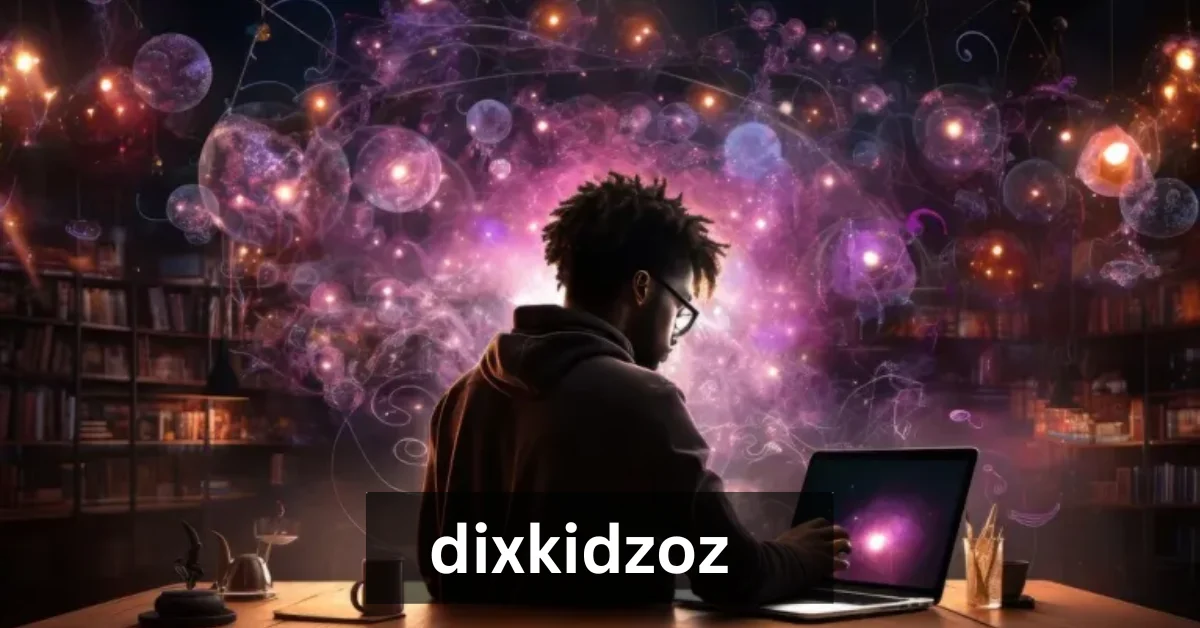
In the ever-evolving world of digital culture, new names and identities emerge almost daily—some fading quickly, while others leave a lasting imprint. Among these rising enigmas is the term “Dixkidzoz,” a name that has caught the attention of online communities, niche forums, and speculative social media discourse. Whether it refers to a digital artist, underground creator, decentralized persona, or entirely conceptual phenomenon remains a matter of debate. This article delves into the realm of Dixkidzoz, exploring its possible meanings, cultural resonance, and symbolic potential in the modern digital landscape.
Origin and Etymology
At first glance, the word “Dixkidzoz” appears to be a stylized pseudonym—a compound of invented syllables with no direct translation or clear roots in existing languages. However, a closer breakdown yields interesting speculative interpretations. “Dix” could reference the number ten in French, implying perfection or completeness. “Kid” brings to mind youth, freshness, or an amateur spirit, while “zoz” might be an invented suffix, possibly indicating eccentricity, surrealism, or a playful linguistic twist.
The name alone hints at digital-native origins. Its quirky combination of letters resembles usernames common in early internet culture—handles on forums, gaming platforms, and chatrooms where identity is fluid, pseudonymous, and intentionally cryptic.
A Symbol of Online Identity Fluidity
In today’s hyperconnected world, identity is no longer rigidly tied to one’s real name, location, or appearance. People adopt avatars, personas, and alter-egos that allow them to express parts of themselves they cannot in physical reality. Dixkidzoz, in this sense, may not refer to a single person at all but a shared identity or concept—a symbol of how digital generations blend reality with fiction, code with creativity.
Online, usernames become brands. They carry stories, tone, reputation, and aesthetic. Dixkidzoz may be emblematic of an emerging generation that navigates digital spaces with a flair for anonymity, imagination, and freedom from traditional labels.
Artistic or Conceptual Project?
Another theory surrounding Dixkidzoz is that it may represent an ongoing conceptual or artistic project. The digital world has birthed a new kind of artist—the creator whose work may not reside in galleries but instead on Discord servers, Twitter threads, blockchain contracts, or virtual spaces like VRChat and Roblox. These artists often operate under cryptic aliases, letting their identity remain mysterious while their work speaks volumes.
Dixkidzoz could easily be a multimedia creator, combining visual art, sound design, game elements, or interactive narratives. The fragmented nature of modern creativity, where TikTok videos, digital paintings, AI-generated pieces, and coded environments all coexist, gives rise to such hybrid figures. The name might be associated with a “digital graffiti” style—a presence that appears unexpectedly in comment threads, glitch art, meme culture, or abstract online galleries.
A New Archetype for the Meme Era?
In the era of memes, symbols are everything. They evolve rapidly, replicate virally, and adapt across platforms. Dixkidzoz could be an intentional meme archetype: absurd, mysterious, and strangely catchy. It fits within a tradition of surreal internet humor, much like “Loss.jpg,” “Shrekposting,” or vaporwave nostalgia—where randomness is intentional and confusion is part of the appeal.
People might share the name Dixkidzoz in group chats, forums, or obscure subreddits just for the aesthetic pleasure of the word. It could serve as an inside joke or cultural in-joke—meaning everything and nothing at once. The beauty of such entities lies in their ambiguity, allowing individuals to project their own meaning onto them.
Gen Z and the Language of Identity Play
The rise of names like Dixkidzoz coincides with a broader generational shift. Gen Z, in particular, has grown up in a fluid, fast-moving digital culture where self-expression is often masked in irony, humor, and abstraction. Rather than seeking fame in traditional ways, many young users prefer to build niche audiences under pseudonyms, favoring personal mythology over public biography.
Dixkidzoz might represent the spirit of Gen Z’s internet: layered, whimsical, chaotic, and clever. An identity like this isn’t about making a statement but rather about evading one—letting curiosity replace certainty and artifice replace clarity.
Possible Interpretations
What if Dixkidzoz is more than just a name? Depending on one’s interpretative lens, it might be:
-
A digital ghost: An online presence that haunts comment sections and obscure forums, rarely seen, often referenced.
-
A decentralized character: Perhaps like Slender Man or SCP entries, it is a character built collaboratively across the web—part myth, part game, part meme.
-
A psychological avatar: Representing the fragmented mental state of individuals navigating information overload, anxiety, and digital disconnection.
-
A critique of influencer culture: Operating anonymously or absurdly to contrast the hyper-curated world of Instagram fame.
Digital Mythmaking and the Power of Ambiguity
One of the defining characteristics of the digital age is its capacity for mythmaking. Unlike traditional folklore that develops over generations, online myths like Dixkidzoz can take root within hours. A tweet, a Reddit post, or a piece of fan art can give rise to expansive narratives, fan communities, and collaborative storytelling.
In this way, Dixkidzoz fits into a lineage of characters and ideas birthed by the crowd—myths shaped not by one author but by a thousand anonymous hands. Its power lies not in definition but in mystery. The less we know about it, the more it grows.
The Future of Digital Folklore
As virtual realities, augmented spaces, and AI-generated content continue to expand, we will likely see more such terms emerge. Dixkidzoz might be the prototype of the next wave of postmodern folklore—creatures and identities that live only in code, meme, and shared online context. They will be elusive, nonlinear, and untethered from reality.
Imagine a future where digital museums host entire exhibitions on “Dixkidzozian culture,” analyzing emojis, hashtags, and short-form content as anthropological evidence. This isn’t far-fetched; it is the natural evolution of culture in a hyper-digital world.
Final Thoughts
Dixkidzoz may never be fully understood, and perhaps that’s exactly the point. Whether it is a digital artist’s alias, a meme gone rogue, a Gen Z identity experiment, or a cultural artifact of our internet era, it reflects something deeper. It encapsulates the shifting relationship between identity, technology, and expression.
In a world increasingly defined by what we can’t fully explain, names like Dixkidzoz offer both mystery and invitation. They ask us to wonder, speculate, laugh, and perhaps even create something new. In doing so, they become more than mere usernames—they become symbols of the age we live in.

